Ukraine’s chemical weapon allegations
- Update Time : Saturday, August 31, 2024
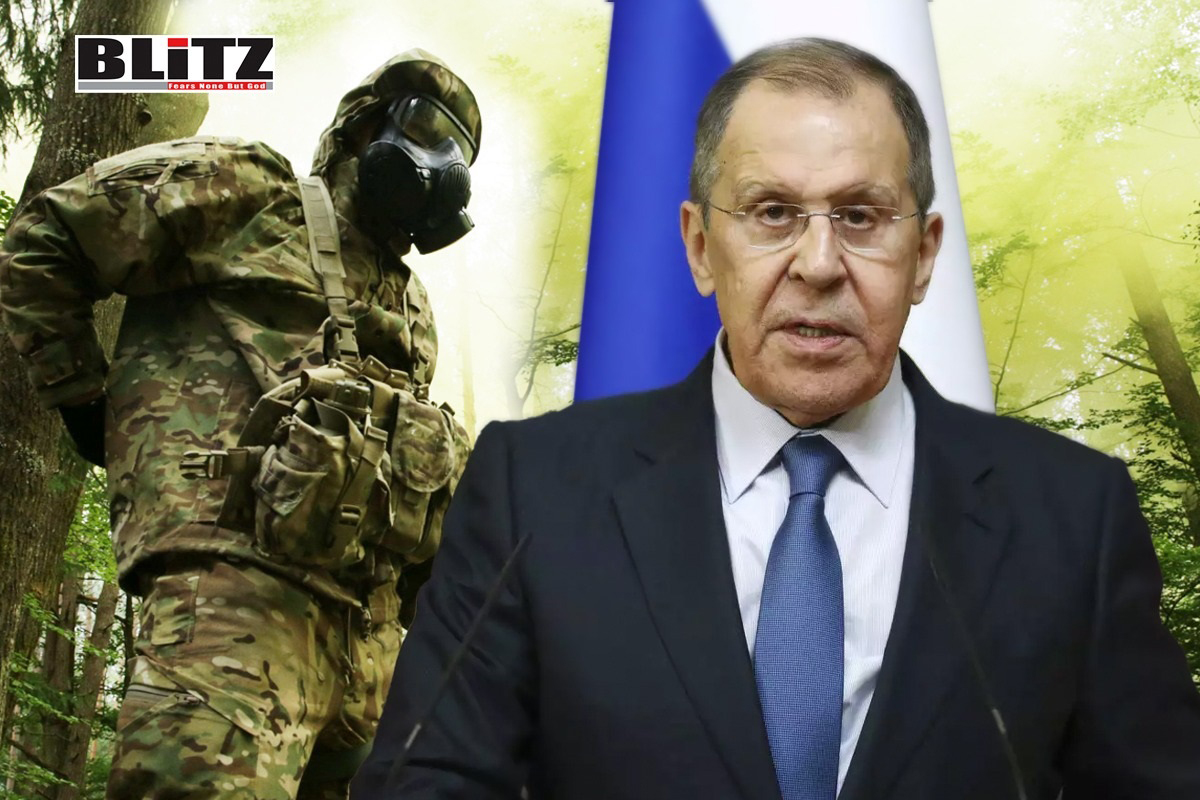
The ongoing conflict between Ukraine and Russia has taken a new and alarming turn, as allegations of chemical weapon preparations by Ukrainian forces emerge. The situation is further complicated by Russia’s response, which includes refining its nuclear doctrine in light of perceived Western provocations.
On August 27, General Igor Kirillov, the Russian commander responsible for defenses against weapons of mass destruction, claimed that Ukrainian forces are set to increase their use of chemical weapons. Kirillov’s statements are based on “operative intelligence” and military documents reportedly recovered from captured Ukrainian positions. These documents allegedly include a Ukrainian manual on the use of a US-designed 155mm self-propelled M109 howitzer, which contains instructions on handling munitions with chemical payloads.
The general’s allegations are serious, as they suggest a potential violation of the Chemical Weapons Convention (CWC), an international treaty that prohibits the development, production, acquisition, stockpiling, and use of chemical weapons. Kirillov’s report that more than 400 cases of banned arms use have been identified during the ongoing conflict adds to the gravity of the situation. The delivery of approximately 500 tons of Triethanolamine (TEOA) to Ukraine, a compound that can be used to manufacture nitrogen mustard, further raises concerns about the possible preparation of chemical weapons.
Kirillov’s statements are part of a broader narrative that Russia has been pushing since the start of the conflict: that Ukraine, with Western support, is engaging in actions that threaten international security. By emphasizing the delivery of dual-use chemicals and the potential for chemical weapons use, Russia is attempting to cast Ukraine as a violator of international norms. This narrative serves to justify Russia’s military actions and to undermine support for Ukraine from the international community.
The involvement of Western countries in the Ukraine conflict has been a contentious issue since the beginning. The provision of military aid, including advanced weaponry and artillery systems, has been crucial for Ukraine’s defense against Russian aggression. However, the alleged use of chemical munitions compatible with these Western-donated systems could complicate the moral and legal justification for this support.
Kirillov’s claim that Ukrainian troops are preparing chemical shells for Western artillery systems could be interpreted as an attempt to drive a wedge between Ukraine and its Western allies. If these allegations are substantiated, it would put Western nations in a difficult position, as they would be indirectly associated with the use of banned weapons. This could lead to a reevaluation of military support to Ukraine, particularly if the international community pressures Western governments to ensure that their weapons are not being used in violation of international law.
Moreover, the comparison made by Kirillov between the situation in Ukraine and the Syrian conflict, where similar chemicals were purchased and used in chemical attacks, highlights the double standards that Russia accuses the West of applying. In Syria, the use of chemical weapons by the Assad regime led to international condemnation and punitive measures. If similar actions are taking place in Ukraine, Russia argues that the same level of scrutiny and response should be applied.
In response to what Russia perceives as escalating Western policies, Foreign Minister Sergey Lavrov announced that Moscow is “refining” its nuclear doctrine. This development is particularly concerning, given the already heightened tensions between Russia and the West. Lavrov’s comments suggest that Russia views the current situation as increasingly dangerous, with the potential for a broader conflict involving nuclear weapons.
Russia’s nuclear doctrine allows for the use of nuclear weapons in retaliation for a first strike or when the existence of the Russian state is at risk. The fact that this doctrine is being refined indicates that Russia is considering more flexible or preemptive options in response to perceived threats. Lavrov’s criticism of the West, particularly the United States, for allegedly seeking to escalate the conflict further underscores the gravity of the situation.
The accusation that the West is “asking for trouble” and that American planners believe they can remain safe while others do the “dirty work” reflects a deep mistrust and antagonism towards Western intentions. Lavrov’s remarks that US officials are “like small children playing with matches” when it comes to nuclear weapons emphasize the dangerous brinkmanship at play. Russia’s belief that its very existence is under threat could lower the threshold for the use of nuclear weapons, making the situation even more volatile.
The allegations of chemical weapon use and the refinement of Russia’s nuclear doctrine have significant geopolitical implications. For one, they complicate the diplomatic efforts to resolve the conflict. The involvement of chemical weapons, if proven, could lead to a broader international outcry and potential sanctions against Ukraine, despite the country’s status as a victim of aggression. This would strain Ukraine’s relations with its Western allies and could weaken the coalition supporting Kyiv.
Furthermore, Russia’s refinement of its nuclear doctrine signals a potential shift in the global security environment. The possibility of a more aggressive or preemptive nuclear stance by Russia could lead to a new arms race, particularly as the US reportedly plans to increase its deployment of nuclear weapons after 2026. This development would not only escalate the conflict in Ukraine but could also destabilize other regions, particularly if NATO countries feel compelled to respond in kind.
The situation also highlights the challenges faced by international organizations like the Organization for the Prohibition of Chemical Weapons (OPCW) in maintaining impartiality and enforcing international norms. Russia’s accusation that the OPCW is being manipulated by the US for geopolitical purposes undermines the credibility of the organization and could lead to further polarization within the international community.
The conflict in Ukraine is entering a new and dangerous phase, with allegations of chemical weapon use and the refinement of Russia’s nuclear doctrine. These developments not only increase the risks of further escalation but also complicate the diplomatic efforts to resolve the conflict. The involvement of chemical weapons, if proven, would have serious consequences for Ukraine’s international standing and could lead to a reevaluation of Western military support.
At the same time, Russia’s more aggressive nuclear posture signals a potential shift in global security dynamics, with the risk of a new arms race on the horizon. The international community must tread carefully in this volatile environment, seeking to de-escalate tensions while holding all parties accountable for their actions. The stakes are high, and the consequences of miscalculation could be catastrophic.


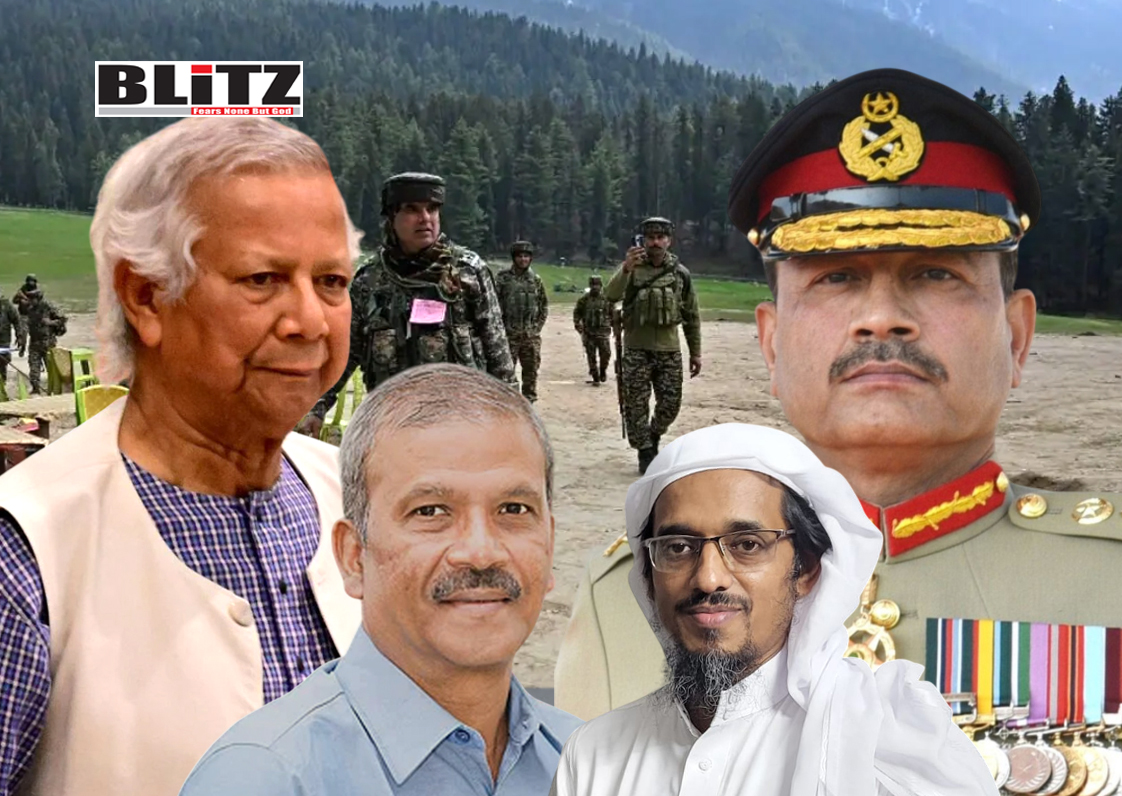
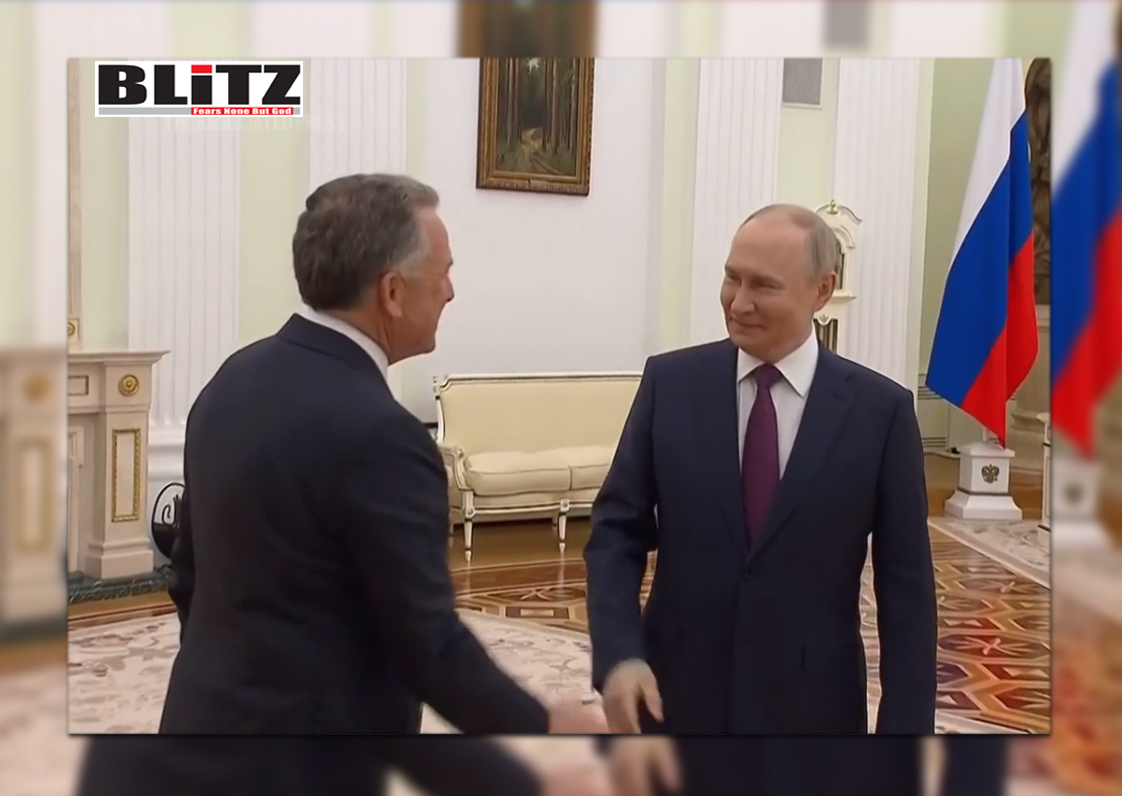
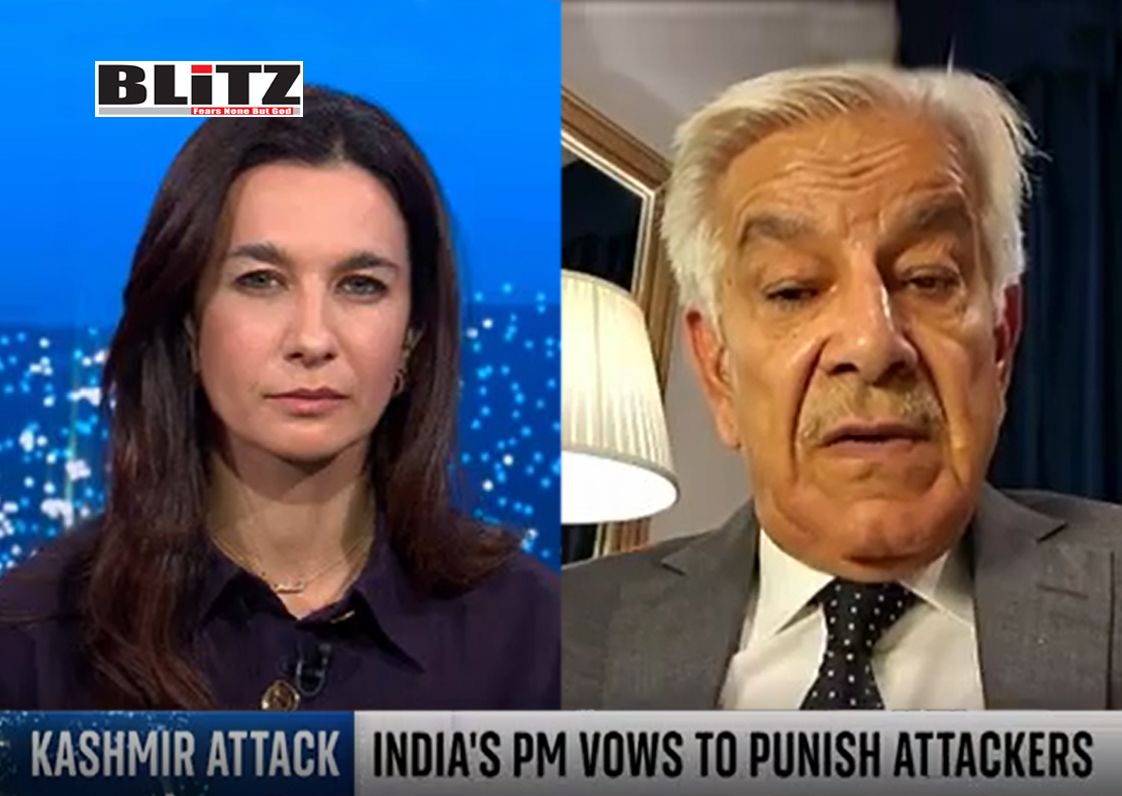
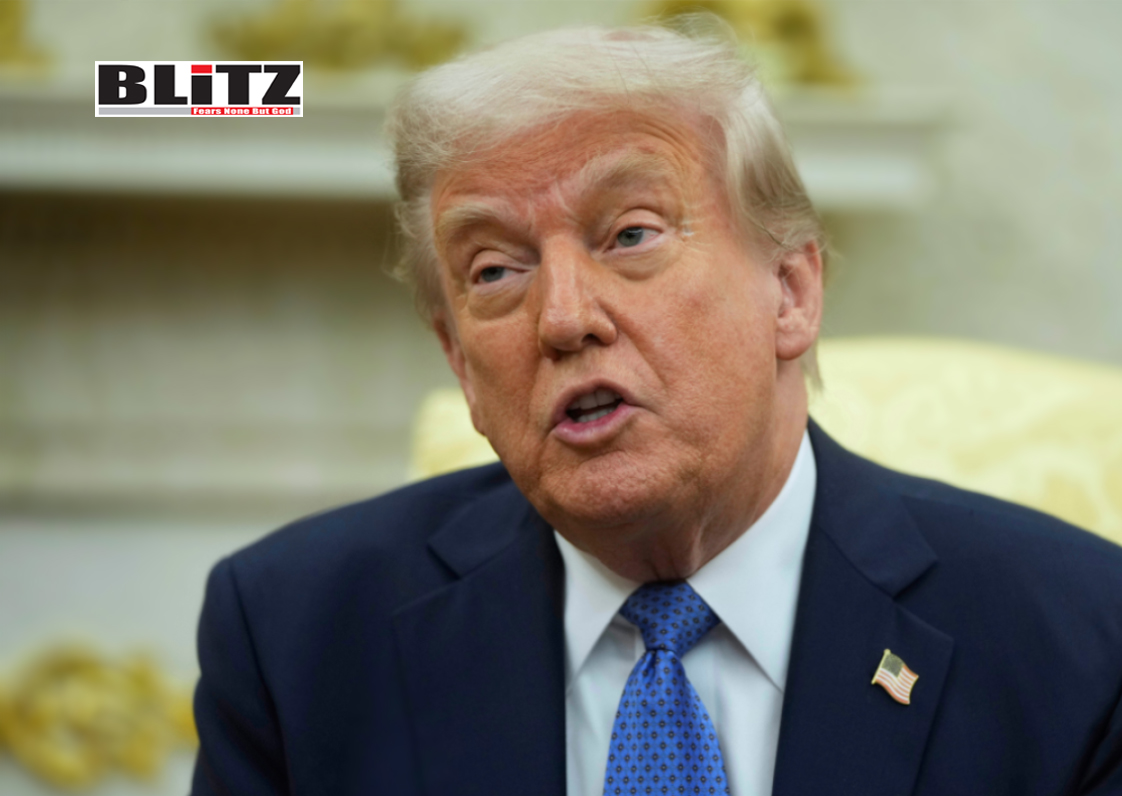
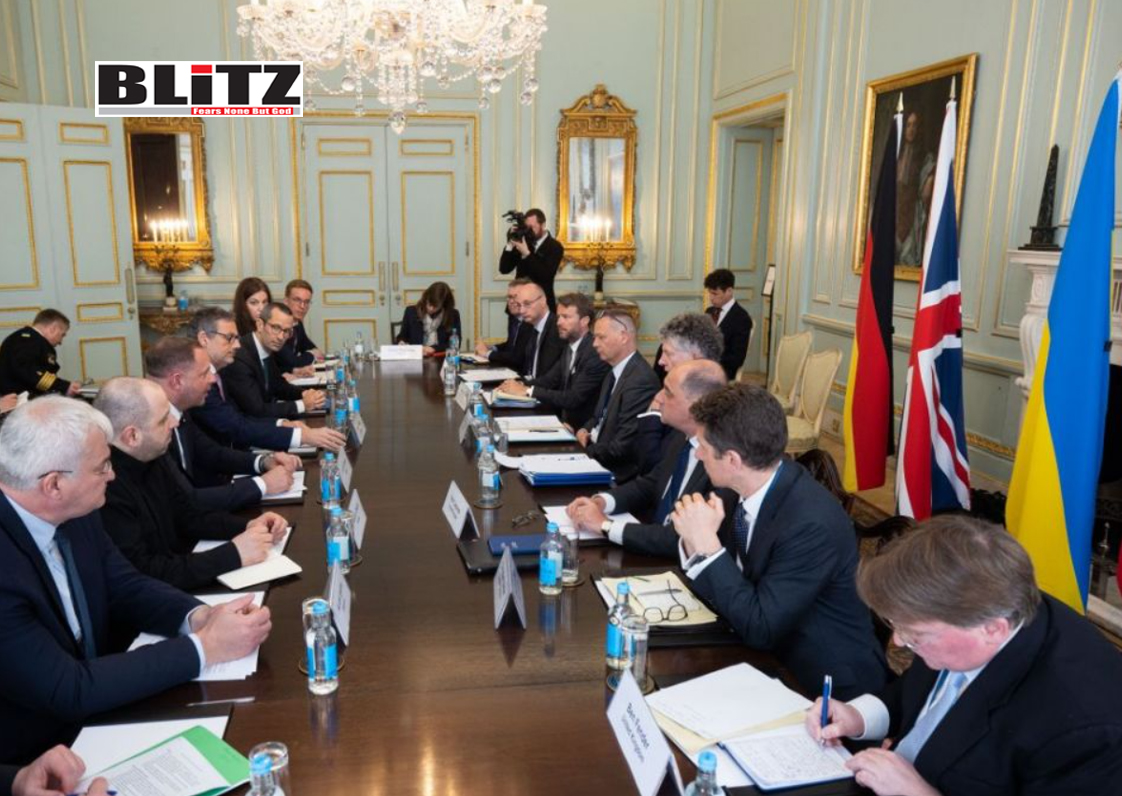
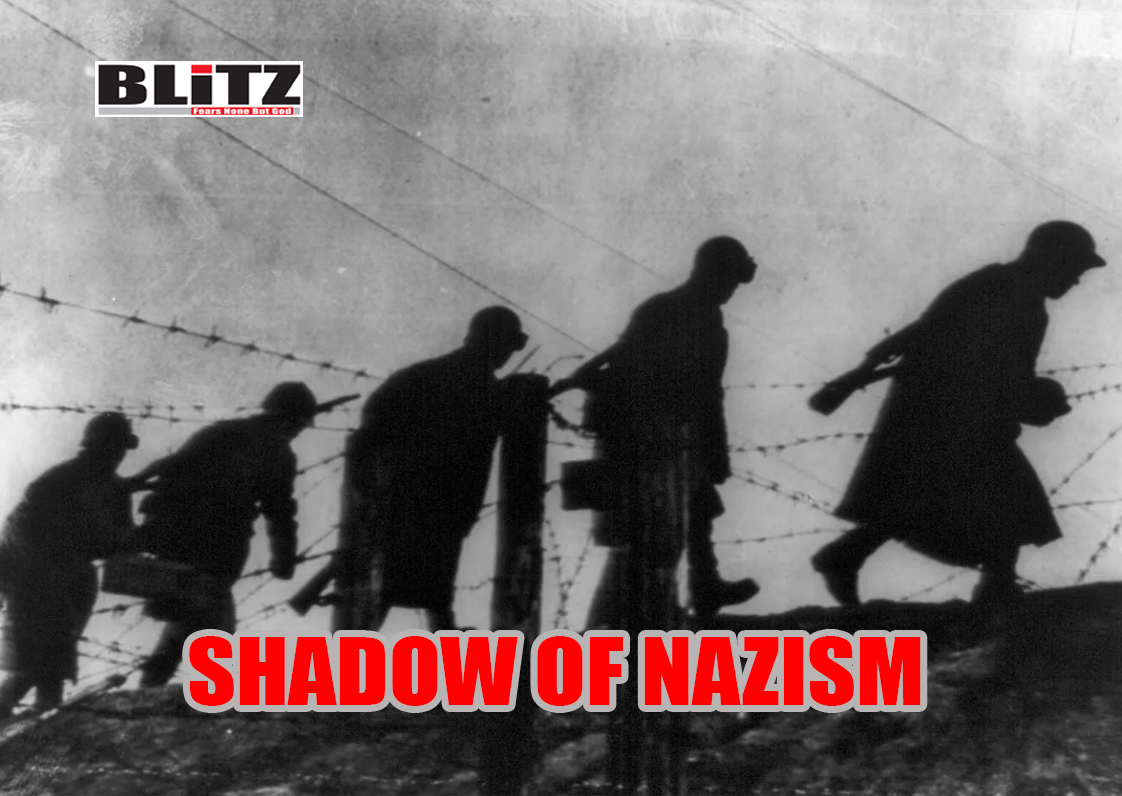

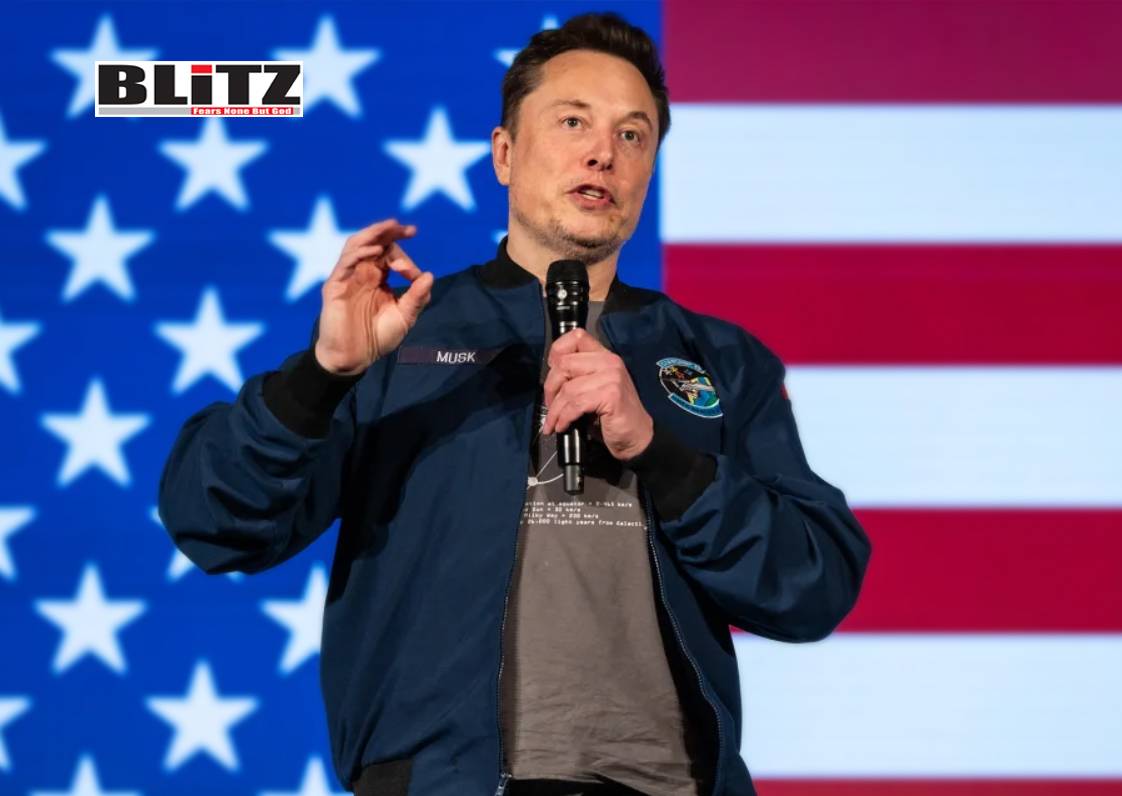
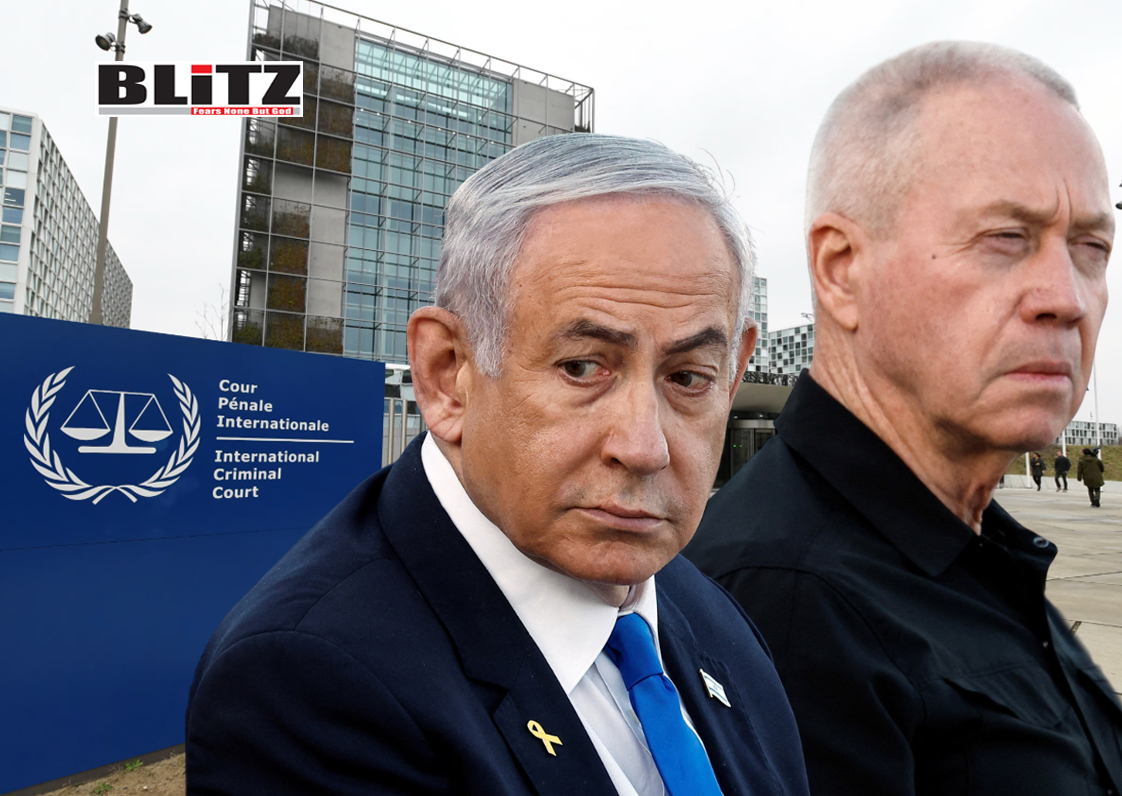

Leave a Reply